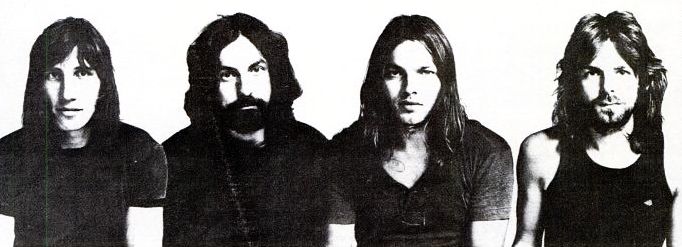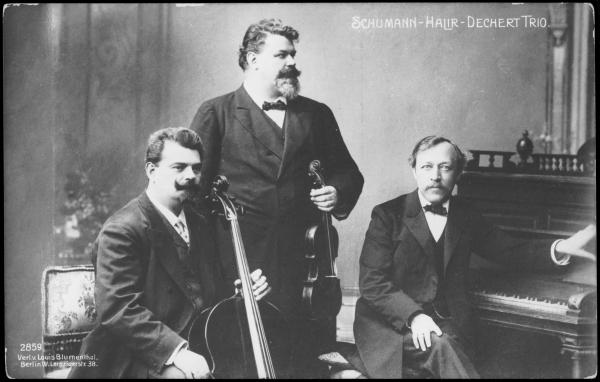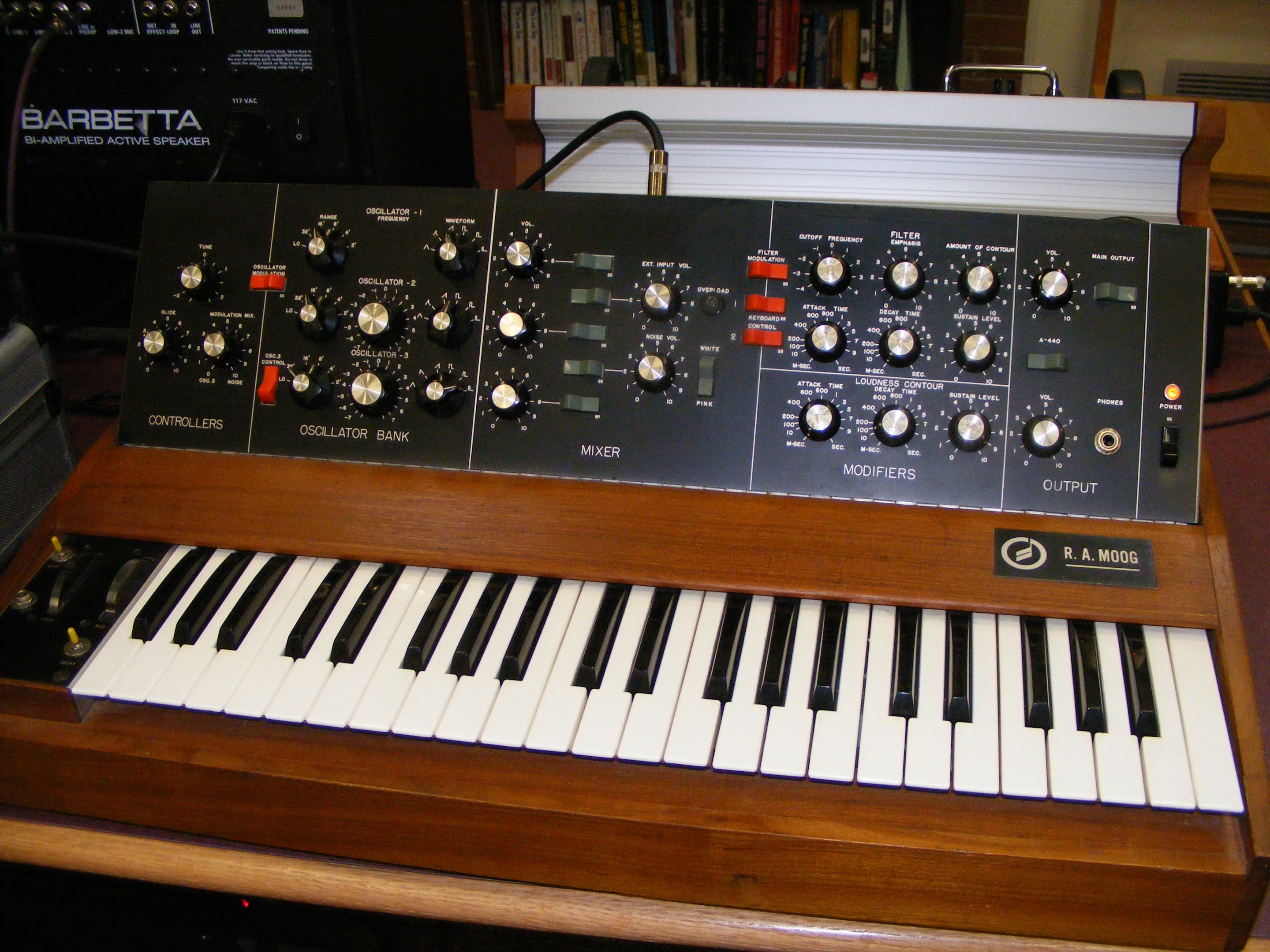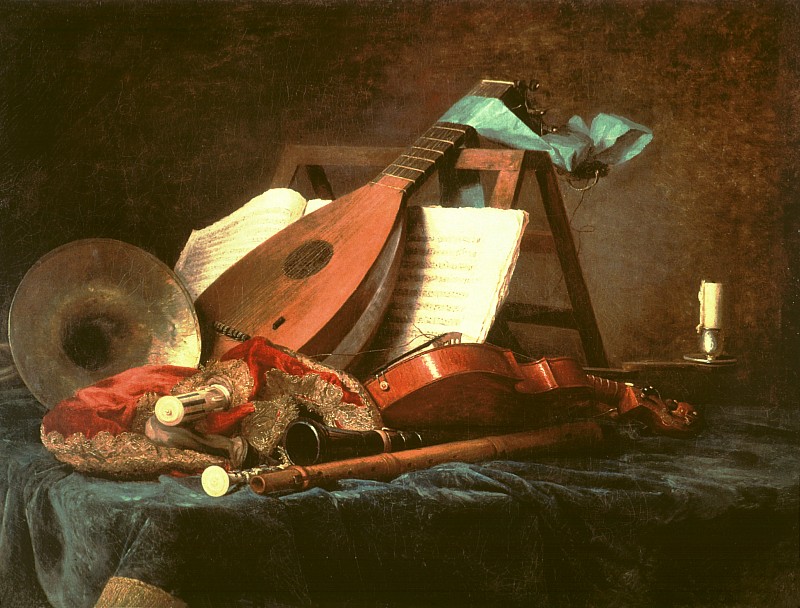|
Dream Academy
The Dream Academy were a British band consisting of singer/guitarist Nick Laird-Clowes, multi-instrumentalist (chiefly oboe, cor anglais player) Kate St John, and keyboardist Gilbert Gabriel. The band is most noted for their 1985 hit singles "Life in a Northern Town", "The Love Parade" and their 1985 cover of the Smiths' song "Please Please Please Let Me Get What I Want", which was featured in the John Hughes film ''Ferris Bueller's Day Off'' in 1986. History Laird-Clowes and Gabriel met each other in the late 1970s whilst the former was in a band called The Act. Their idea was to create a songscape different from the power pop groups popular at the time in the UK, by mixing instruments and sounds that had been rarely done prominently before, such as strings, woodwinds, percussion (timpani) and synthesizers. At first, Laird-Clowes and Gabriel called themselves the Politics of Paradise. Laird-Clowes met Kate St John (then of The Ravishing Beauties) at a party and asked her to j ... [...More Info...] [...Related Items...] OR: [Wikipedia] [Google] [Baidu] |
Nick Laird-Clowes
Nick Laird-Clowes (born 5 February 1957, in London, England) is an English musician and composer, best known as the lead singer and one of the principal songwriters for the Dream Academy. He co-wrote songs including "Life in a Northern Town", "The Love Parade", " The Edge of Forever", "This World", "Indian Summer", "Power to Believe" and "12/8 Angel". Biography Laird-Clowes was a member of Alfalpha (one album EMI 1977) and The Act (one album 1982, ''Too Late At 20'', produced by Joe Boyd for his Hannibal label) before the Dream Academy. He was also a presenter for the first series of the Channel 4 music show '' The Tube''. The Dream Academy were formed in the 1980s and released three albums for Warner/Reprise: ''The Dream Academy'' (1985), ''Remembrance Days'' (1987) and '' A Different Kind Of Weather'' (1990). His solo album, ''Mona Lisa Overdrive'', was released under the name Trashmonk in 1999 on Alan McGee's Creation Records label, and re-released a few years later with t ... [...More Info...] [...Related Items...] OR: [Wikipedia] [Google] [Baidu] |
The Love Parade (song)
"The Love Parade" is the fourth single released by The Dream Academy. It was a more "edgy" song than their previous singles, made so by the inclusion of implied themes of adultery and erotic temptation in the lyric and was arranged to a brisk bossa nova-esque beat which was in stark contrast to the style of the group's first single '' Life In A Northern Town ''. There were two additional singles released in the UK by Blanco y Negro, a 7" shaped picture disc and a second limited edition release. Background ''The Love Parade'' is the only song on The Dream Academy's eponymous album not to be produced by David Gilmour. Instead, the band recruited Alan Tarney to work with them on the track. Tarney was brought in at the suggestion of Rough Trade Records founder Geoff Travis to work on "The Love Parade". "What happened was, we had a pretty good demo for “Love Parade,” and we loved it, and when we made the record with David, somehow we never got 'round to it". Lead vocalist Nick Lair ... [...More Info...] [...Related Items...] OR: [Wikipedia] [Google] [Baidu] |
Pink Floyd
Pink Floyd are an English rock band formed in London in 1965. Gaining an early following as one of the first British psychedelic music, psychedelic groups, they were distinguished by their extended compositions, sonic experimentation, philosophical lyrics and elaborate Pink Floyd live performances, live shows. They became a leading band of the progressive rock genre, cited by some as the greatest progressive rock band of all time. Pink Floyd were founded in 1965 by Syd Barrett (guitar, lead vocals), Nick Mason (drums), Roger Waters (bass guitar, vocals), and Richard Wright (musician), Richard Wright (keyboards, vocals). Under Barrett's leadership, they released two charting singles and the successful debut album ''The Piper at the Gates of Dawn'' (1967). Guitarist and vocalist David Gilmour joined in December 1967; Barrett left in April 1968 due to deteriorating mental health. Waters became the primary lyricist and thematic leader, devising the concept album, concepts behind ... [...More Info...] [...Related Items...] OR: [Wikipedia] [Google] [Baidu] |
Recording Contract
A recording contract (commonly called a record contract or record deal) is a legal agreement between a record label and a recording artist (or group), where the artist makes a record (or series of records) for the label to sell and promote. Artists under contract are normally only allowed to record for that label exclusively; guest appearances on other artists' records will carry a notice "By courtesy of (the name of the label)", and that label may receive a percentage of sales. Copyrights, payment and royalties Labels typically own the copyright in the records their artists make, and also the master copies of those records. An exception is when a label makes a distribution deal with an artist; in this case, the artist, their manager, or another party may own the copyright (and masters), while the record is licensed exclusively to the label for a set period of time. Promotion is a key factor in the success of a record, and is largely the label's responsibility, as is proper distri ... [...More Info...] [...Related Items...] OR: [Wikipedia] [Google] [Baidu] |
Record Label
A record label, or record company, is a brand or trademark of music recordings and music videos, or the company that owns it. Sometimes, a record label is also a publishing company that manages such brands and trademarks, coordinates the production, manufacture, distribution, marketing, promotion, and enforcement of copyright for sound recordings and music videos, while also conducting talent scouting and development of new artists, and maintaining contracts with recording artists and their managers. The term "record label", derives from the circular label in the center of a vinyl record which prominently displays the manufacturer's name, along with other information. Within the mainstream music industry, recording artists have traditionally been reliant upon record labels to broaden their consumer base, market their albums, and promote their singles on streaming services, radio, and television. Record labels also provide publicists, who assist performers in gaining positi ... [...More Info...] [...Related Items...] OR: [Wikipedia] [Google] [Baidu] |
Demo (music)
A demo (shortened from "demonstration") is a song or group of songs typically recorded for limited circulation or for reference use, rather than for general public release. A demo is a way for a musician to approximate their ideas in a fixed format, such as cassette tape, compact disc, or digital audio files, and to thereby pass along those ideas to record labels, producers, or other artists. Musicians often use demos as quick sketches to share with bandmates or arrangers, or simply for personal reference during the songwriting process; in other cases, a songwriter might make a demo to send to artists in hopes of having the song professionally recorded, or a publisher may need a simple recording for publishing or copyright purposes. Background Demos are typically recorded on relatively crude equipment such as "boom box" cassette recorders, small four- or eight-track machines, or on personal computers with audio recording software. Songwriters' and publishers' demos are recorded ... [...More Info...] [...Related Items...] OR: [Wikipedia] [Google] [Baidu] |
Trio (music)
In music, a trio (from the Italian language, Italian) is any of the following: * a composition for three performers or three Part (music), musical parts * in larger works, the middle section of a ternary form (so named because of the 17th-century practice of scoring the contrasting second or middle dance appearing between two statements of a principal dance for three instruments) * an ensemble of three instruments or voices performing trio compositions. Composition A trio is a composition for three performers or musical parts. Works include Baroque trio sonatas, choral works for three parts, and works for three instruments such as string trios. In the 17th and early 18th century, musical genre trio sonata two melodic instruments are accompanied by a basso continuo, making three Part (music), parts in all. Because the basso continuo is usually played by two instruments (typically a cello or bass viol and a keyboard instrument such as the harpsichord), performances of trio sonata ... [...More Info...] [...Related Items...] OR: [Wikipedia] [Google] [Baidu] |
Synthesizer
A synthesizer (also spelled synthesiser) is an electronic musical instrument that generates audio signals. Synthesizers typically create sounds by generating waveforms through methods including subtractive synthesis, additive synthesis and frequency modulation synthesis. These sounds may be altered by components such as filters, which cut or boost frequencies; envelopes, which control articulation, or how notes begin and end; and low-frequency oscillators, which modulate parameters such as pitch, volume, or filter characteristics affecting timbre. Synthesizers are typically played with keyboards or controlled by sequencers, software or other instruments, and may be synchronized to other equipment via MIDI. Synthesizer-like instruments emerged in the United States in the mid-20th century with instruments such as the RCA Mark II Sound Synthesizer, RCA Mark II, which was controlled with Punched card, punch cards and used hundreds of vacuum tubes. The Moog synthesizer, d ... [...More Info...] [...Related Items...] OR: [Wikipedia] [Google] [Baidu] |
Timpani
Timpani (; ) or kettledrums (also informally called timps) are musical instruments in the percussion family. A type of drum categorised as a hemispherical drum, they consist of a membrane called a head stretched over a large bowl traditionally made of copper. Thus timpani are an example of kettle drums, also known as vessel drums and semispherical drums, whose body is similar to a section of a sphere whose cut conforms the head. Most modern timpani are ''pedal timpani'' and can be tuned quickly and accurately to specific pitches by skilled players through the use of a movable foot-pedal. They are played by striking the head with a specialized drum stick called a ''timpani stick'' or ''timpani mallet''. Timpani evolved from military drums to become a staple of the classical orchestra by the last third of the 18th century. Today, they are used in many types of ensembles, including concert bands, marching bands, orchestras, and even in some rock bands. ''Timpani'' is an Italian ... [...More Info...] [...Related Items...] OR: [Wikipedia] [Google] [Baidu] |
String Instrument
String instruments, stringed instruments, or chordophones are musical instruments that produce sound from vibrating strings when a performer plays or sounds the strings in some manner. Musicians play some string instruments by plucking the strings with their fingers or a plectrum—and others by hitting the strings with a light wooden hammer or by rubbing the strings with a bow. In some keyboard instruments, such as the harpsichord, the musician presses a key that plucks the string. Other musical instruments generate sound by striking the string. With bowed instruments, the player pulls a rosined horsehair bow across the strings, causing them to vibrate. With a hurdy-gurdy, the musician cranks a wheel whose rosined edge touches the strings. Bowed instruments include the string section instruments of the orchestra in Western classical music (violin, viola, cello and double bass) and a number of other instruments (e.g., viols and gambas used in early music from the Baro ... [...More Info...] [...Related Items...] OR: [Wikipedia] [Google] [Baidu] |
Musical Instrument
A musical instrument is a device created or adapted to make musical sounds. In principle, any object that produces sound can be considered a musical instrument—it is through purpose that the object becomes a musical instrument. A person who plays a musical instrument is known as an instrumentalist. The history of musical instruments dates to the beginnings of human culture. Early musical instruments may have been used for rituals, such as a horn to signal success on the hunt, or a drum in a religious ceremony. Cultures eventually developed composition and performance of melodies for entertainment. Musical instruments evolved in step with changing applications and technologies. The date and origin of the first device considered a musical instrument is disputed. The oldest object that some scholars refer to as a musical instrument, a simple flute, dates back as far as 50,000 - 60,000 years. Some consensus dates early flutes to about 40,000 years ago. However, most historians be ... [...More Info...] [...Related Items...] OR: [Wikipedia] [Google] [Baidu] |
Ferris Bueller's Day Off
''Ferris Bueller's Day Off'' is a 1986 American teen comedy film written, co-produced, and directed by John Hughes and co-produced by Tom Jacobson. The film stars Matthew Broderick, Mia Sara, and Alan Ruck with supporting roles by Jennifer Grey, Jeffrey Jones, Cindy Pickett, Edie McClurg, and Lyman Ward. It tells the story of a high school slacker who skips school with his best friend and his girlfriend for a day in Chicago and regularly breaks the fourth wall to explain his techniques and inner thoughts. Hughes wrote the screenplay in less than a week. Filming began in September 1985 and finished in November, featuring many Chicago landmarks including the then Sears Tower, Wrigley Field and the Art Institute of Chicago. The film was Hughes's love letter to Chicago: "I really wanted to capture as much of Chicago as I could. Not just in the architecture and landscape, but the spirit." Released by Paramount Pictures on June 11, 1986, the film became the tenth-highest-grossin ... [...More Info...] [...Related Items...] OR: [Wikipedia] [Google] [Baidu] |







